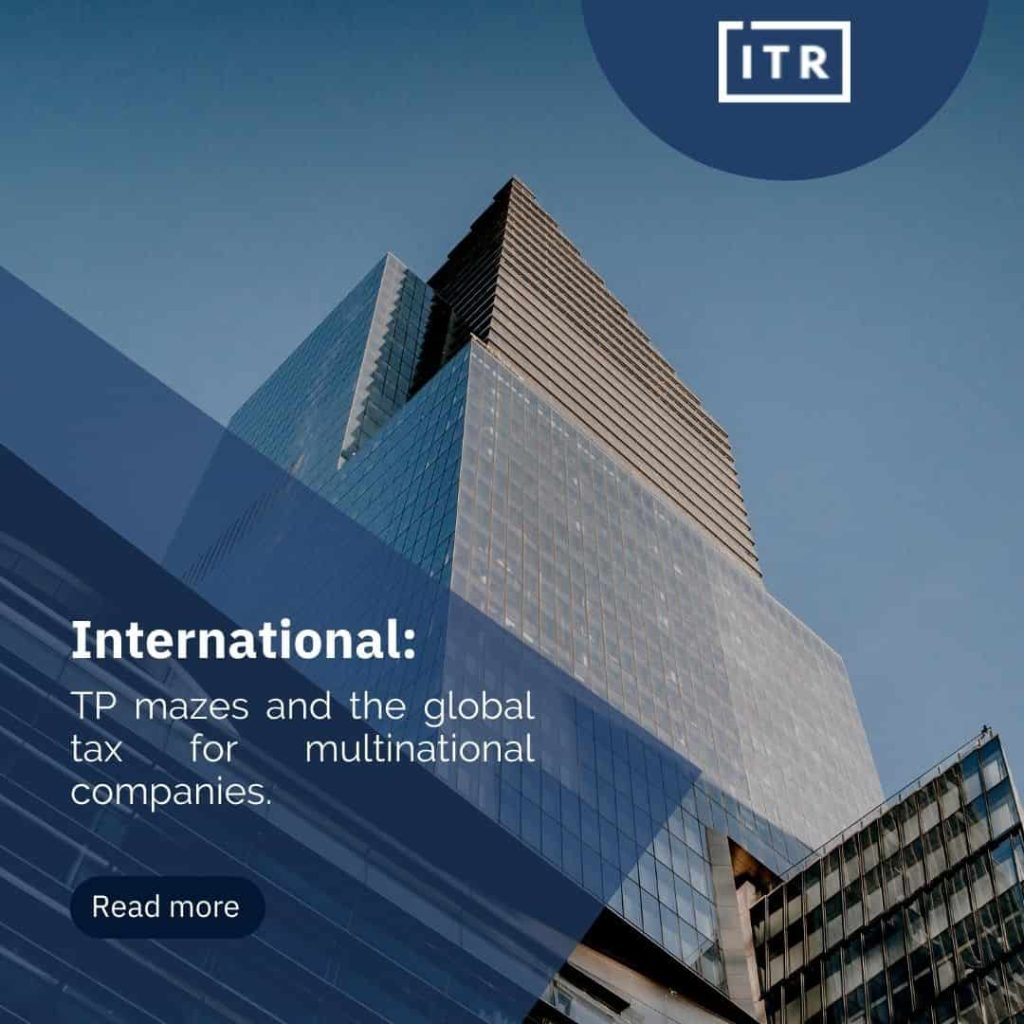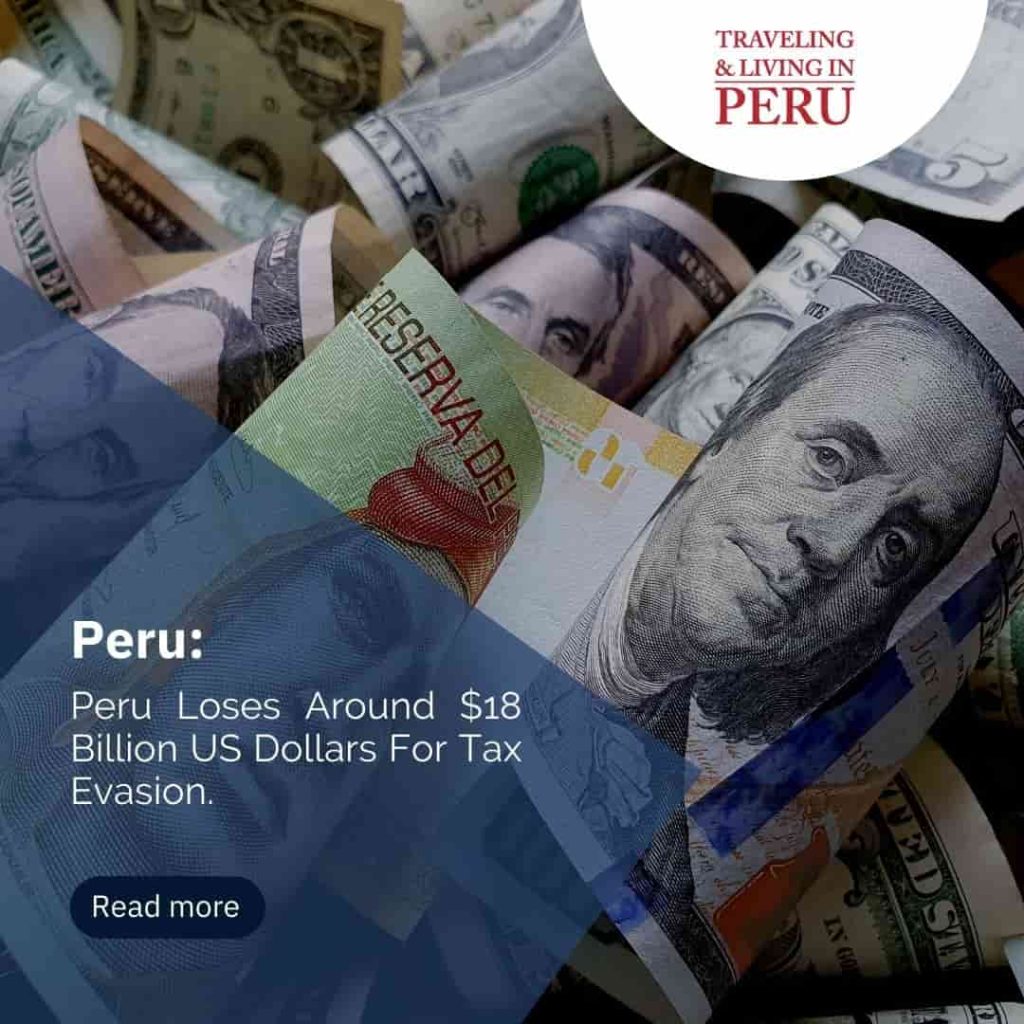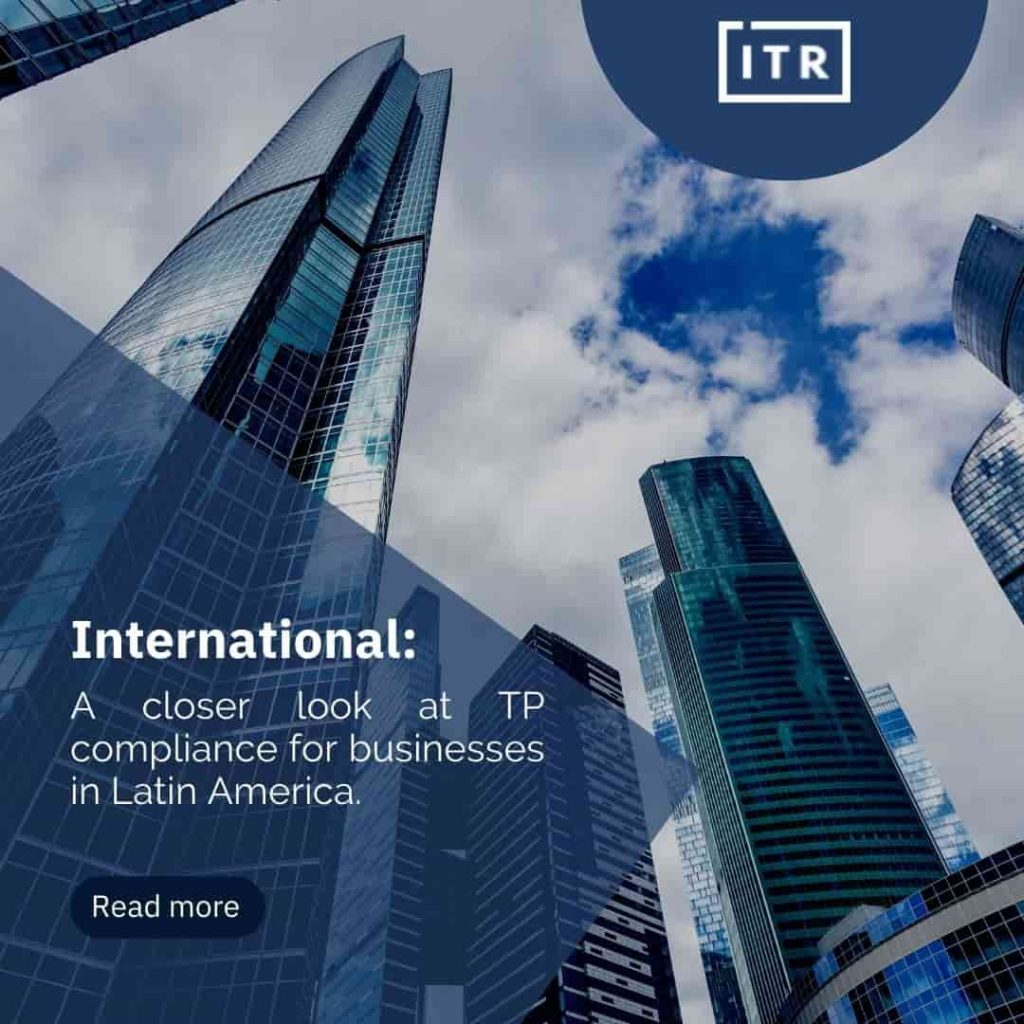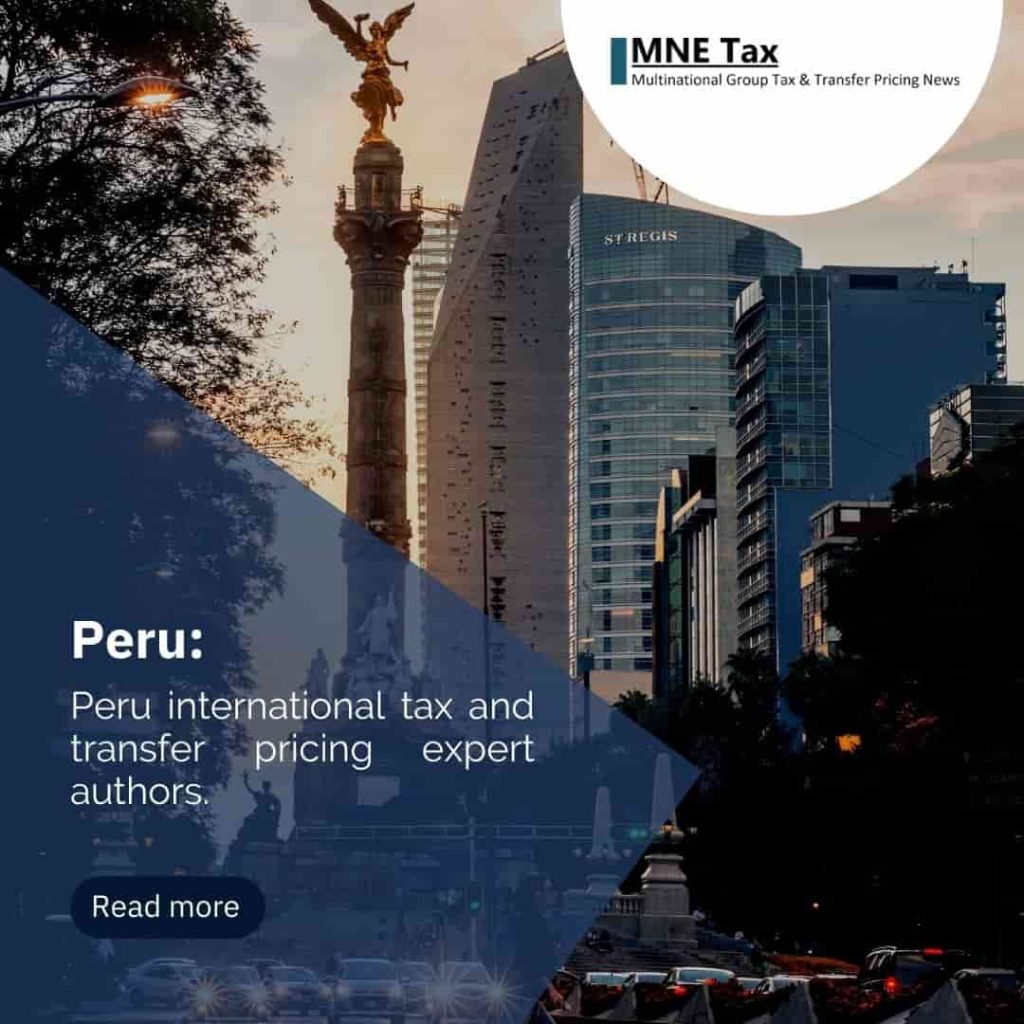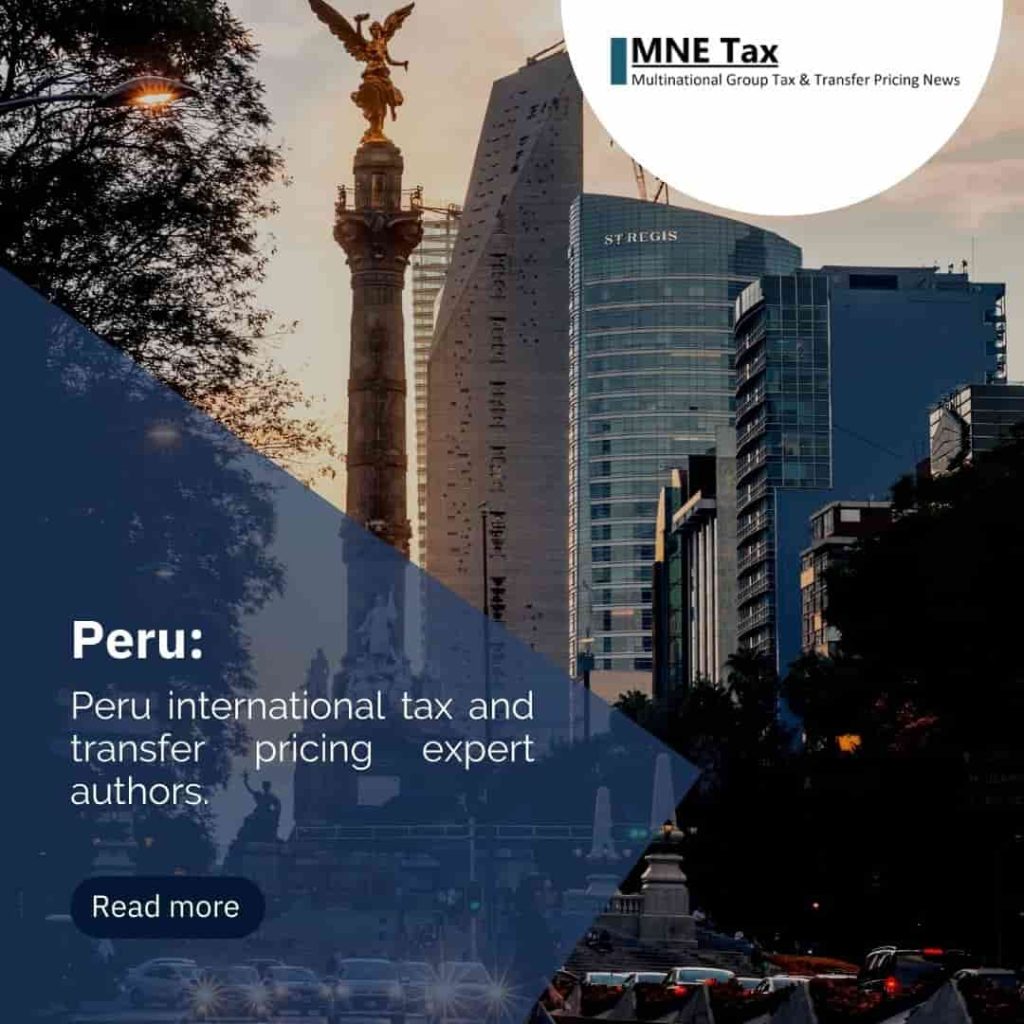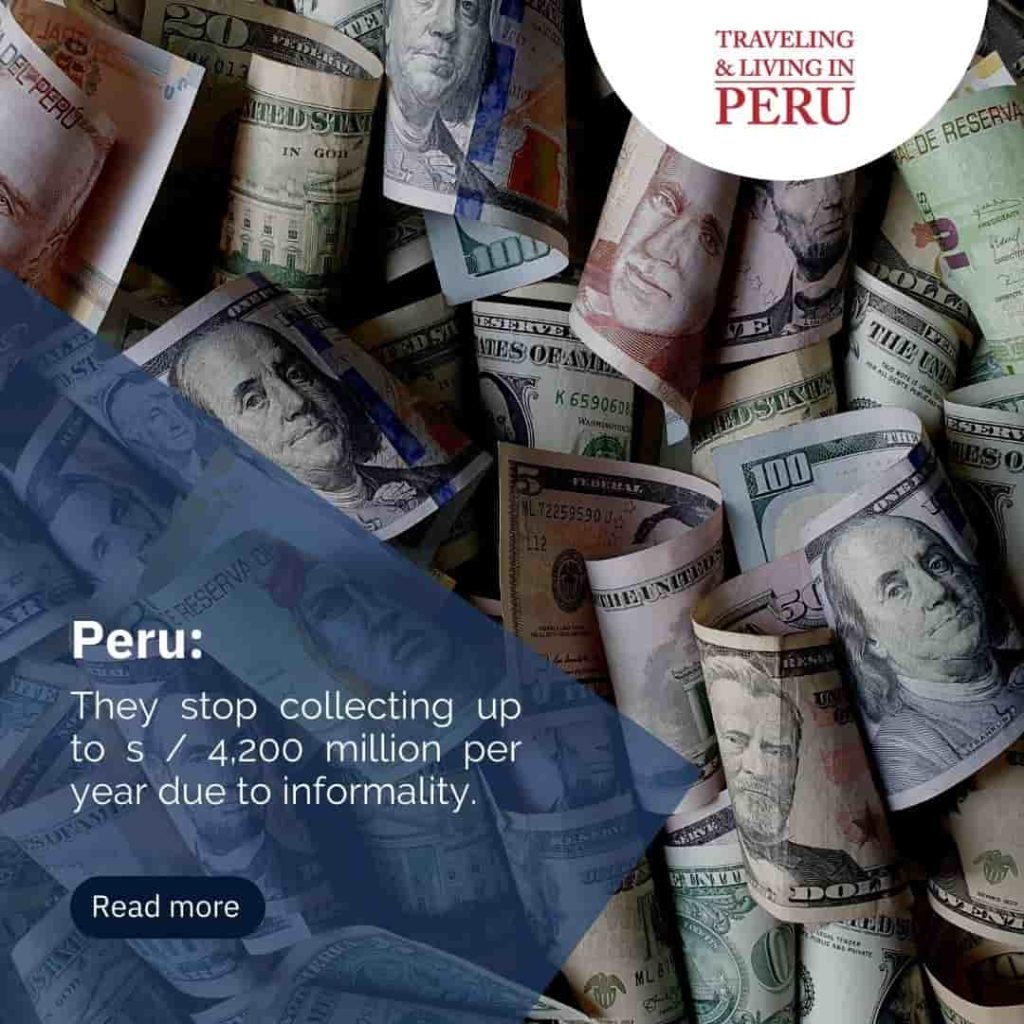Sri Lanka
Introduction
The Transfer Pricing Regulations were introduced in the income tax legislation of Sri Lanka in April 2006. Conversely, the implementation of Transfer Pricing regulations barely started in Sri Lanka in 2013 with the establishment of the Transfer Pricing Unit of the Inland Revenue Department (IRD).
The Transfer Pricing rules changed significantly with the enactment of the Inland Revenue Act, after which the Transfer Pricing Regulations No. 1 of 2018 were introduced effective April 1, 2018, by Extraordinary Gazette No. 2104/4 of December 31, 2018.
Related Parties
Section 8 of the Regulation 2020 states that two enterprises shall be related if, at any time during the assessing year, any of the following conditions are met:
- Any person or enterprise directly or indirectly owns shares holding (or otherwise holds) a majority of the voting right in the other enterprise.
- Any person or enterprise directly or indirectly owns shares representing not less than 50% of the voting right in each enterprise.
- Loans advanced by one enterprise to another constitute not less than 51% of the book value of the total assets of the other enterprise as long as it is not provided by a financial institution that is not an associated enterprise under any other article of this regulation.
- Loans and share capital provided by one enterprise to another constitute not less than 51% of the book value of the total assets of the other enterprise as long as it is not provided by a financial institution that is not an associated enterprise under any other item of this regulation.
- An enterprise guarantees not less than 25% of the total loans of the other enterprise.
- More than half of the board of directors or members thereof, or one or more executive directors or executive members of the board of directors of an enterprise, are appointed by the other enterprise.
- More than half of the directors or members of the board of directors, or one or more of the executive directors or the board of director members of each of the two enterprises, are appointed by the same entity(ies).
- 90% or more of the raw materials, semi-finished and consumable products necessary for the manufacturing or processing of goods or articles made by one enterprise or of the essential purchases for sale are supplied by another enterprise or persons specified by the other enterprise, influencing the prices and other conditions related to the supply.
- Goods or articles manufactured or processed by one enterprise are sold/transferred to another enterprise or persons specified by the enterprise, influencing the prices and other related conditions or vice versa.
- When an enterprise is controlled by an individual or jointly by such individual and his/her relative, and the other enterprise is controlled by such individual or his/her relative, jointly by such individual and his/her relative, or jointly by relatives thereof.
- When an enterprise is a company, association, or group of individuals, and the other enterprise has a shareholding not less than 10% in such company, association, or group of individuals.
- When the controlled transaction differs from those performed or imposed by any person not directly involved in the management, control, or capital as referred to in Section 76 or 77, IRA, but confers a potential advantage to the enterprise.
Transfer Pricing Methods
There is no preference among the five methods. The Transfer Pricing rules require identifying the most appropriate method evidencing the Arm’s Length nature of related party transactions. Consequently, each of the five methods has to be evaluated in the process of identifying the most appropriate method:
- Comparable Uncontrolled Price Method.
- Cost Plus Method.
- Resale Price Method.
- Profit Split method.
- Transactional Net Margin Method.
Transfer Pricing Documentation
Local Report
The Local Report must be held by companies where the controlled transactions or each category of controlled related party transactions exceed LKR 200 million for each assessment year regarding the applicable international and domestic transactions.
It should be available for six years after the corresponding assessment year. The documentation for international transactions must be drafted in English.
Master File
This file must be drafted in English. Conversely, only companies reporting revenues exceeding LKR 7.500 million for each assessment year will be required to prepare and hold the Master File.
Country-by-Country Report
Regulations related to Country-by-Country Reports are effective for reporting fiscal years of multinational companies, effective April 1, 2019.
The report must be held by a group with a total consolidated group with revenue exceeding LKR 115,000 million in the immediately preceding fiscal year.
Penalties
Article 184 states that the Tax Administration may impose the following penalties for the following violations:
- A fine not exceeding 1% of the total value of related party transactions if no required held documents.
- A fine not exceeding LKR 250,000 if no required documents filed.
- A fine not exceeding 2% of the total value of related party transactions if no required information disclosed.
- A fine not exceeding LKR 100,000 when no required documents filed on the specified date.
- A fine of 200% of the value of the additional tax where such a person has concealed details of his/her revenues or has provided inaccurate information of such revenues and has intended to evade such revenues due to concealment of particulars of his/her revenues or provision of inaccurate information of such revenues.
<script>
/*
Author: Wolfgang Hartl
Author URI: https://my-webcraftdesign.at/
DOCS: https://my-webcraftdesign.at/tutorial/read-more-read-less-toggle-in-bricksbuilder/
*/
function WCD_rmrl(options) {
const readLessText = options.readLessText;
const readMoreText = options.readMoreText;
const rmrlContent = document.querySelectorAll("[wcd_rmrl_percentage]");
rmrlContent.forEach((element) => {
// INITIAL SETUP (define height, overflow and attributes)
element.style.overflow = "hidden";
element.setAttribute("wcd_rmrl_max", element.clientHeight + "px");
var percentage = element.getAttribute("wcd_rmrl_percentage");
var height = element.clientHeight;
height = Math.round((height / 100) * percentage) + "px";
element.setAttribute("wcd_rmrl_min", height);
element.style.height = height;
//ASSIGN CLICK EVENT TO TRIGGER
trigger = element.nextSibling;
trigger.addEventListener("click", function () {
if (element.style.height == element.getAttribute("wcd_rmrl_min")) {
element.style.height = element.getAttribute("wcd_rmrl_max");
this.childNodes.forEach((node) => {
if (node.nodeValue !== null) {
node.nodeValue = readLessText;
}
});
} else {
element.style.height = element.getAttribute("wcd_rmrl_min");
this.childNodes.forEach((node) => {
if (node.nodeValue !== null) {
node.nodeValue = readMoreText;
}
});
}
});
});
}
const rmrl = new WCD_rmrl({
readLessText : 'Read Less',
readMoreText : 'Read More',
});
</script>External Articles
Below is a list of articles written by our staff and published in international publications.